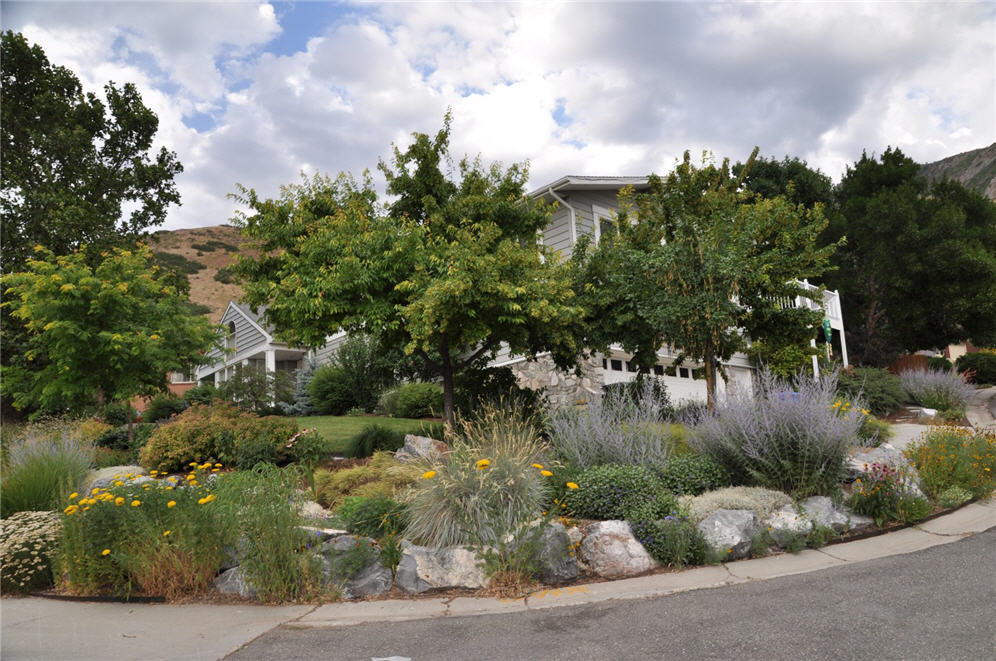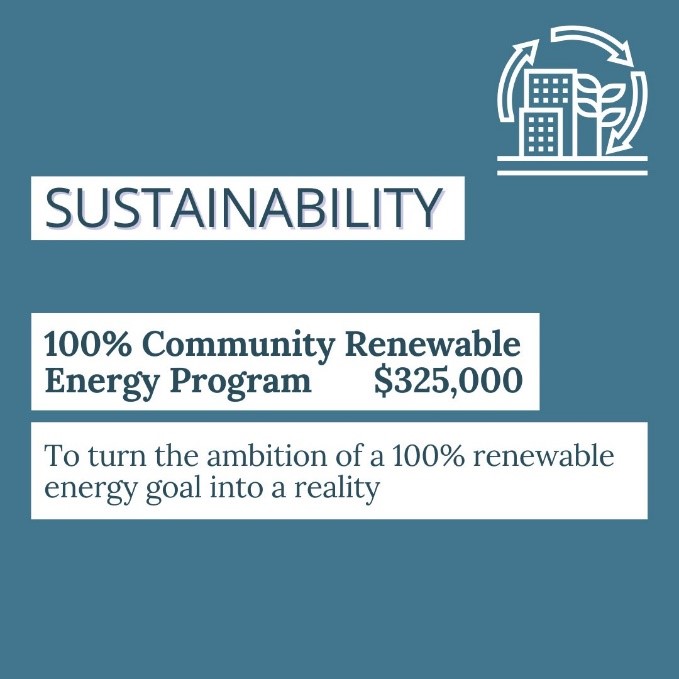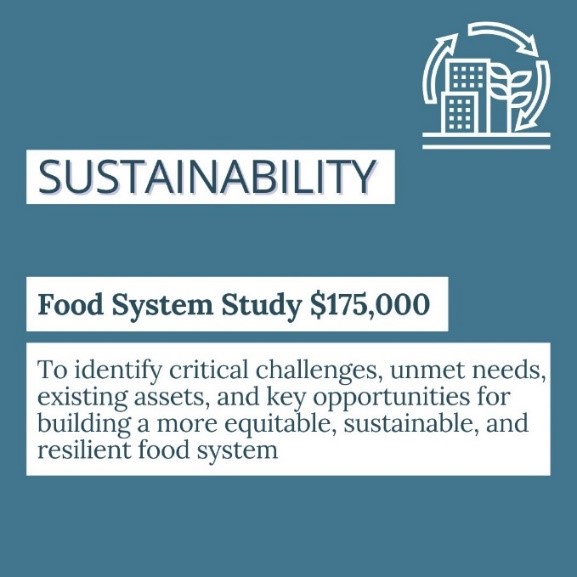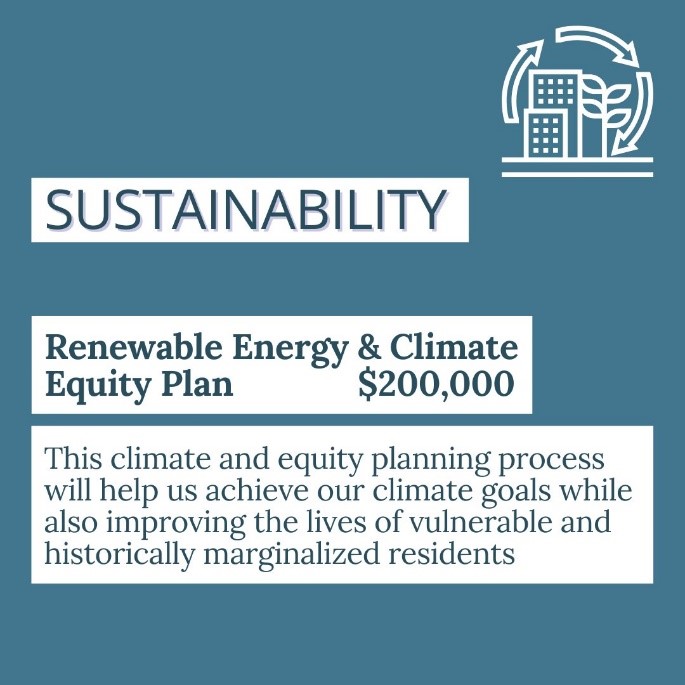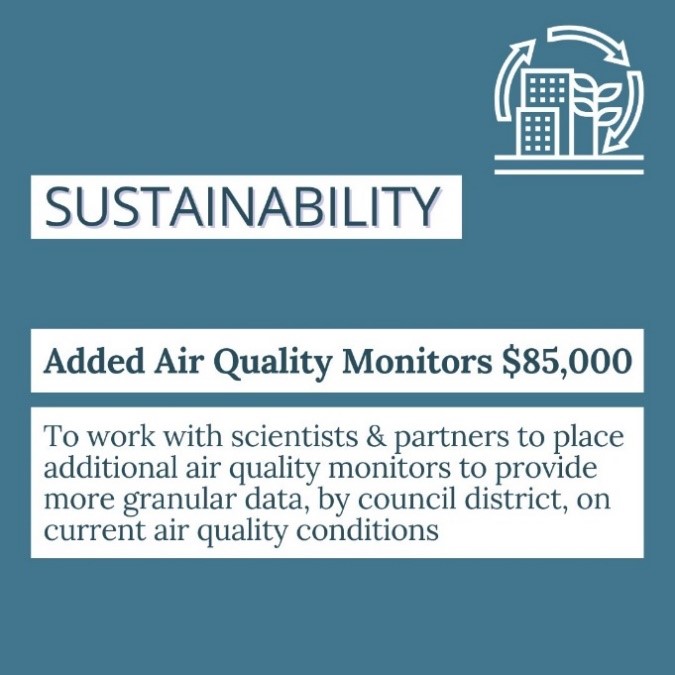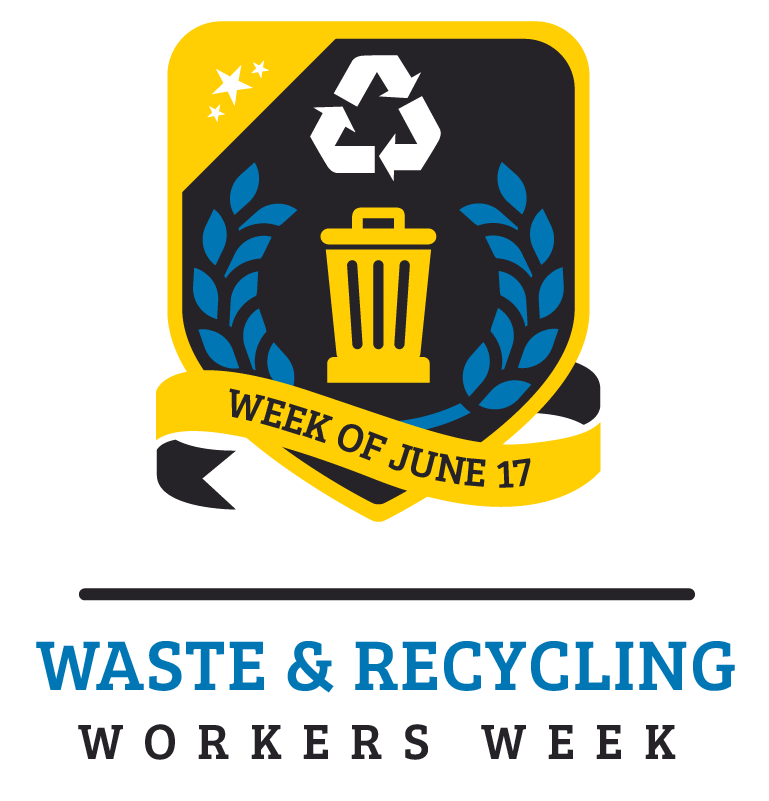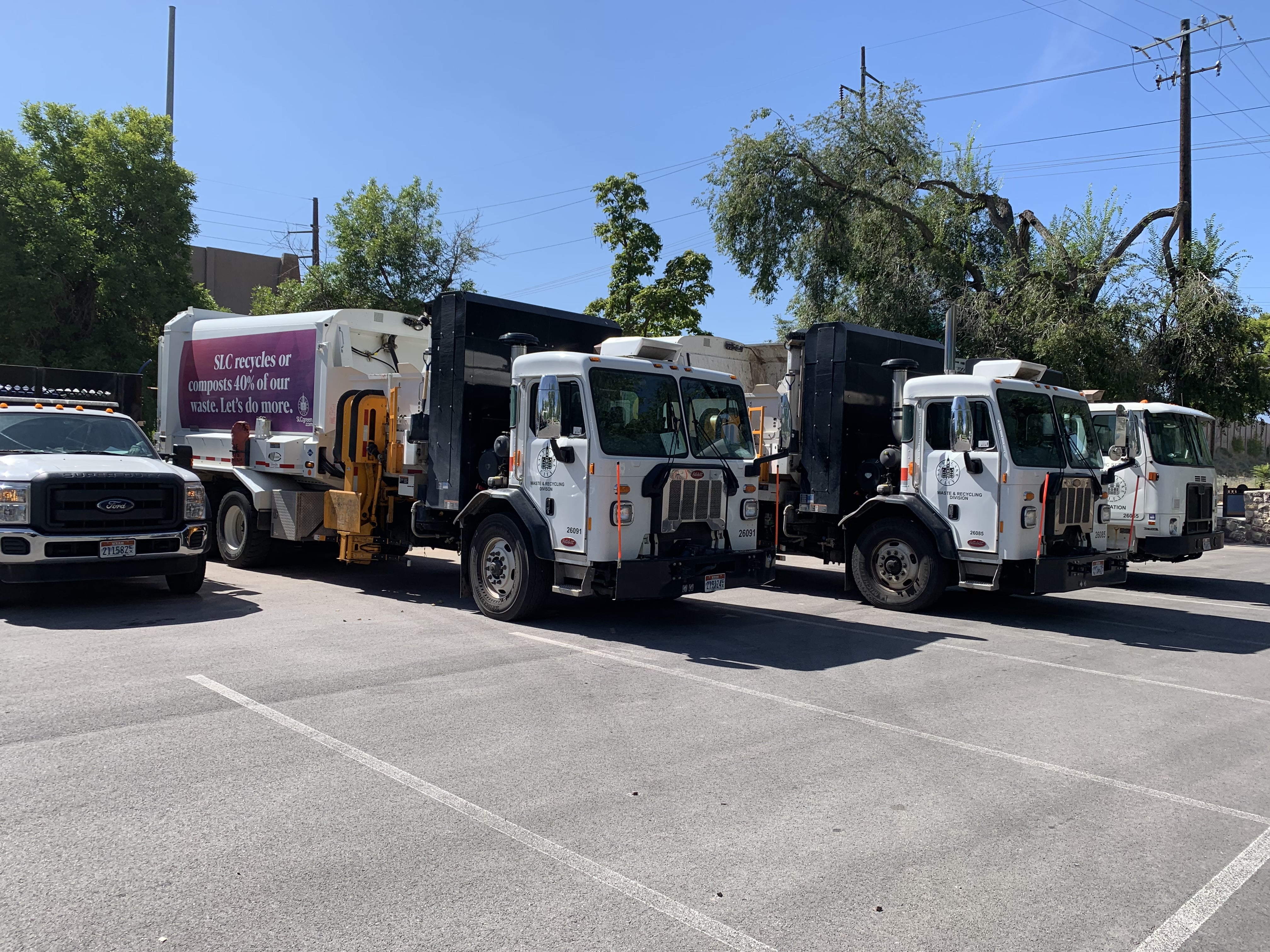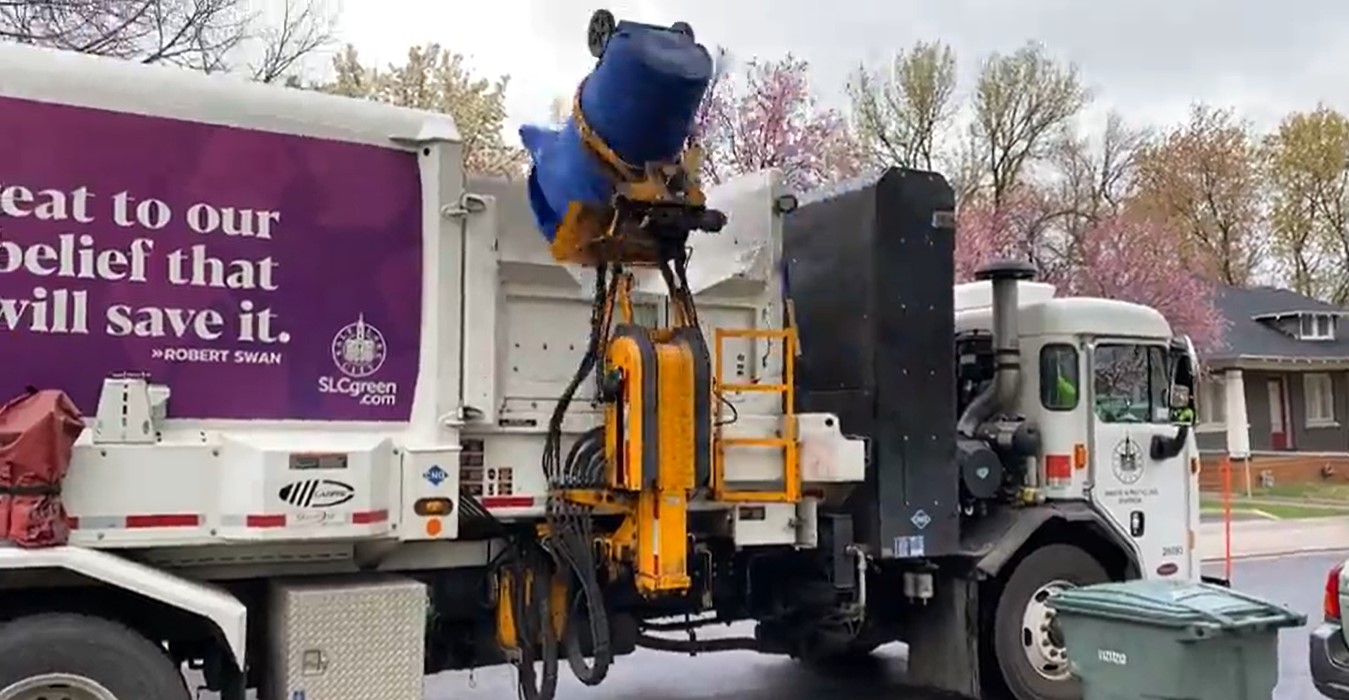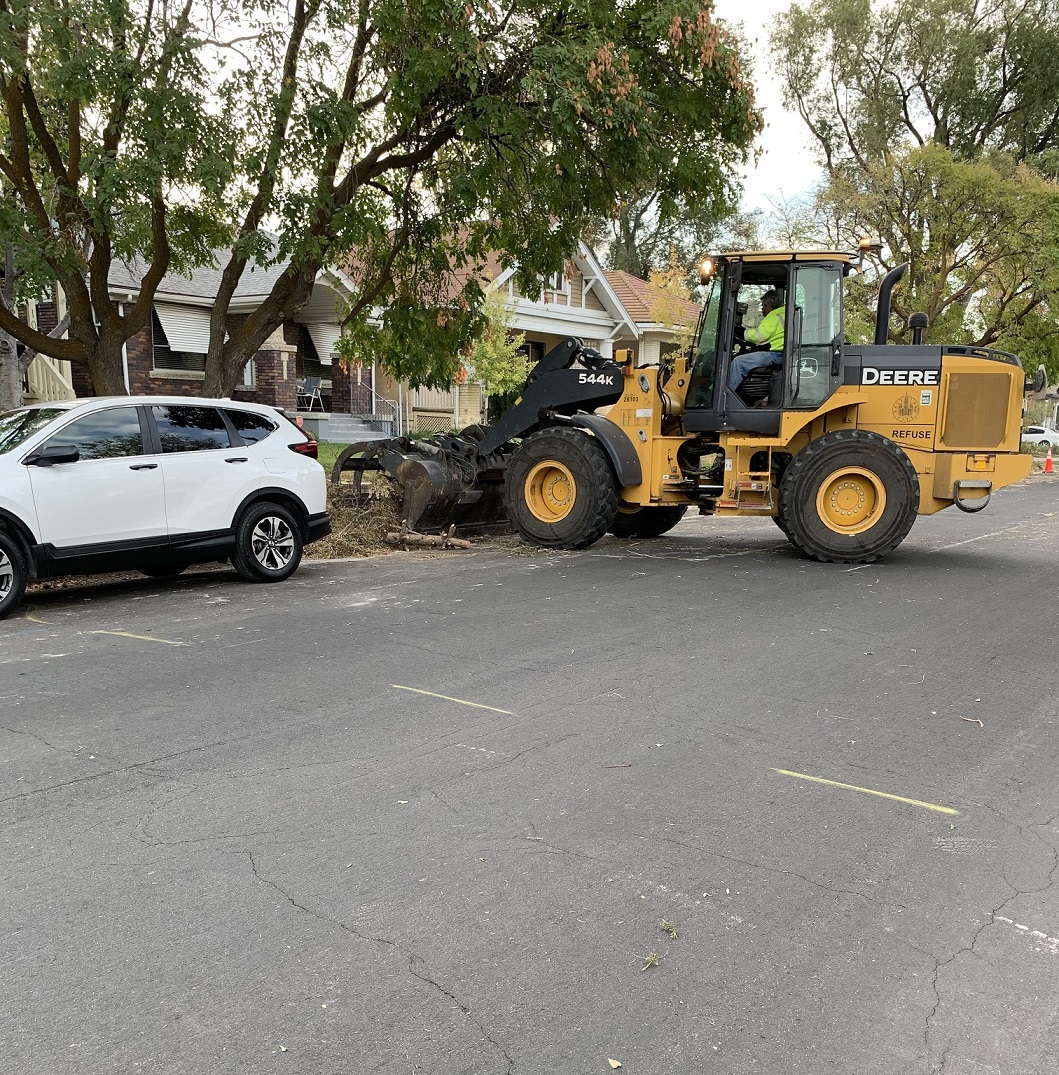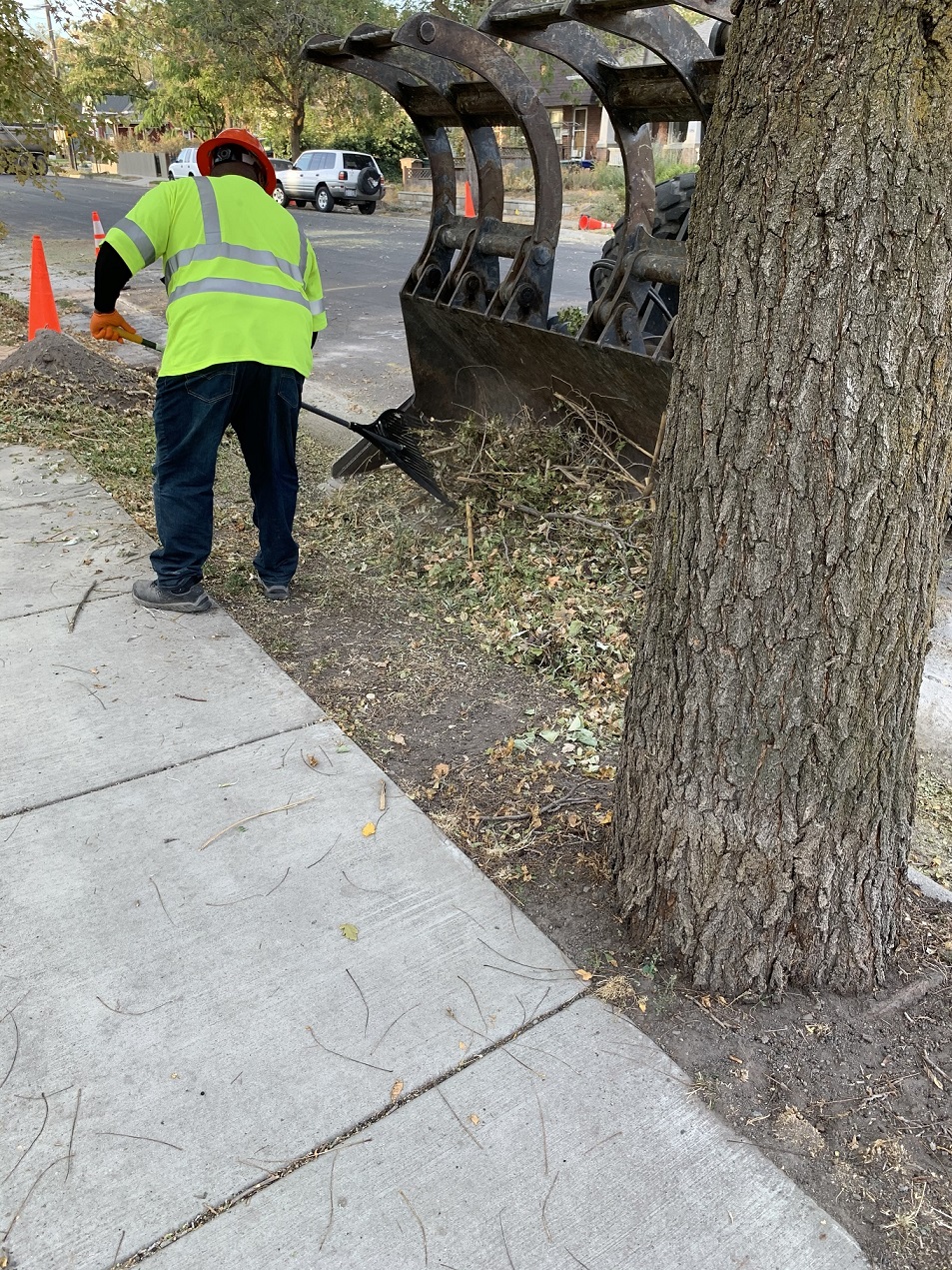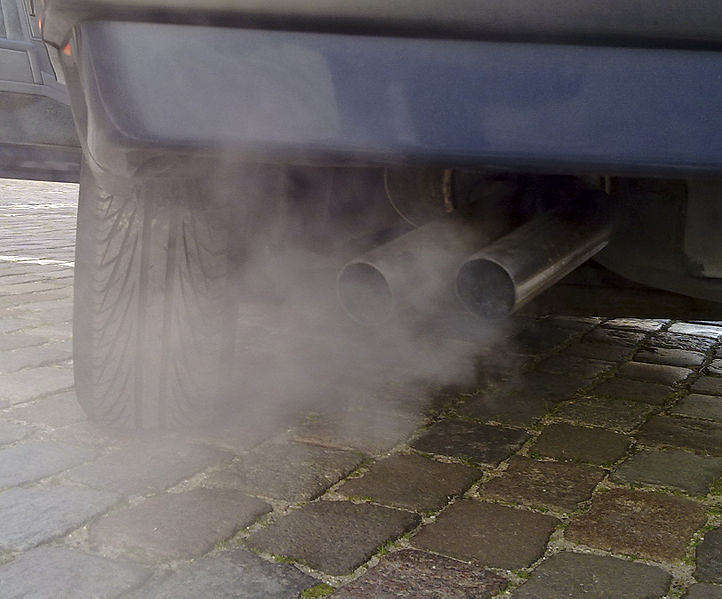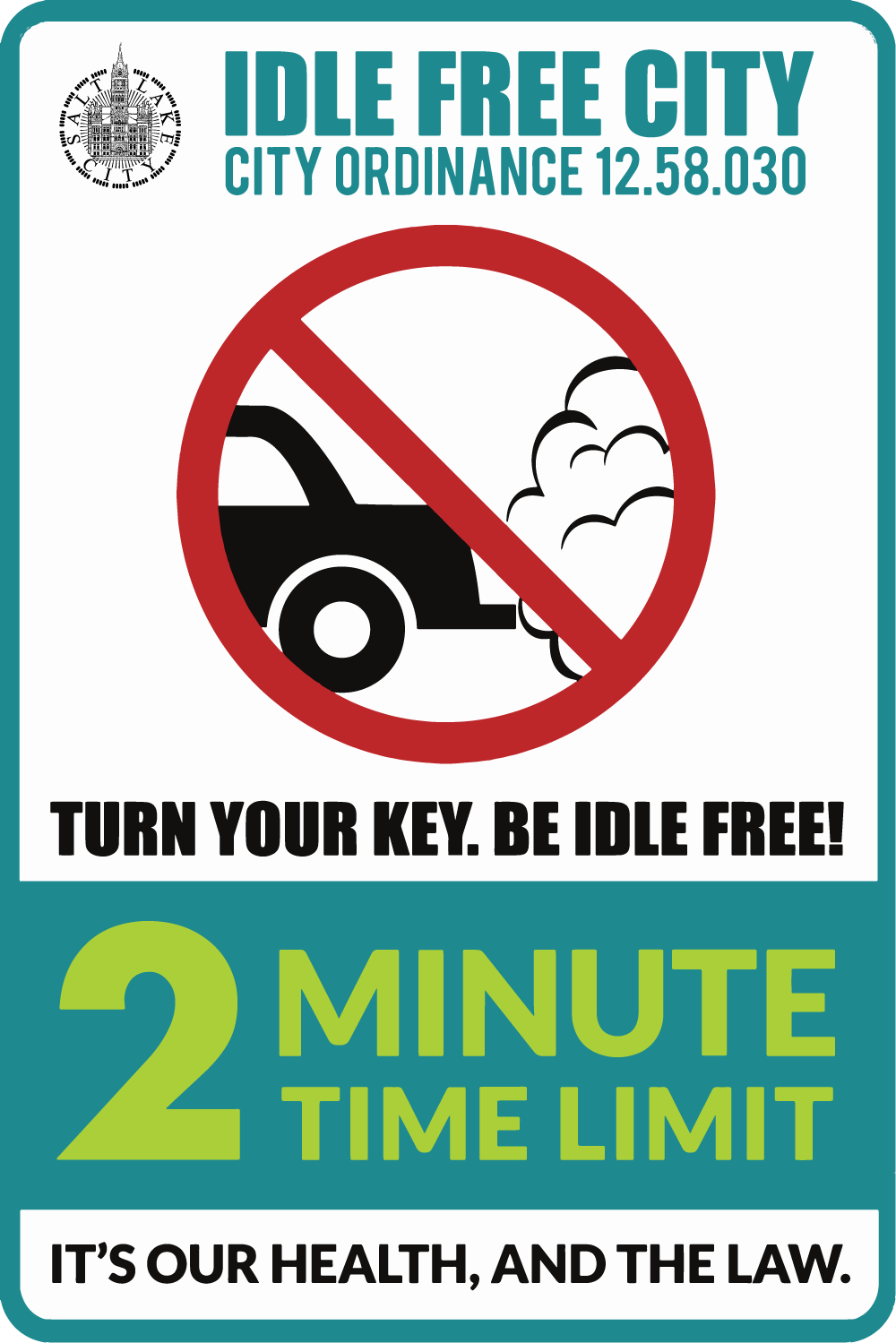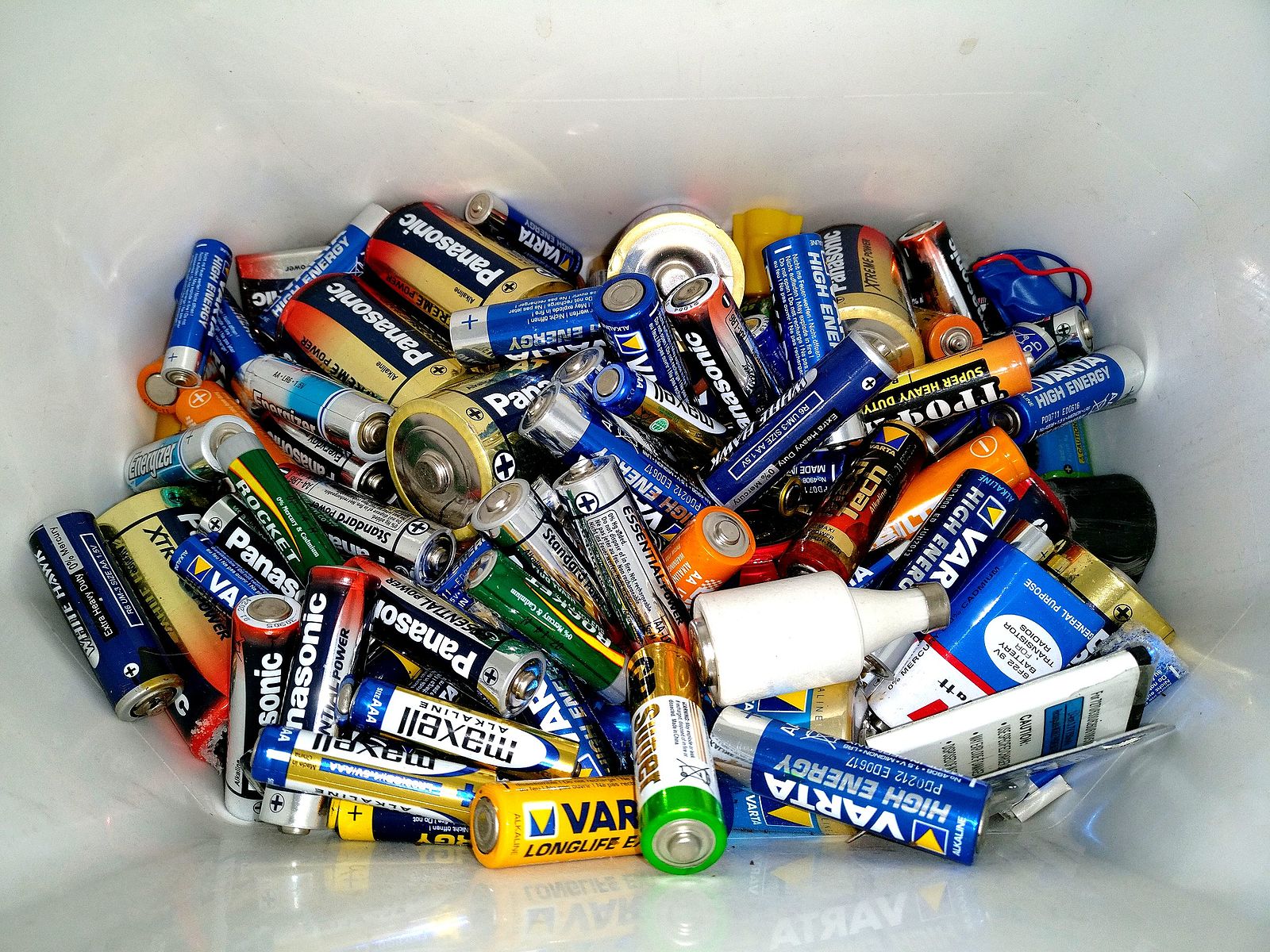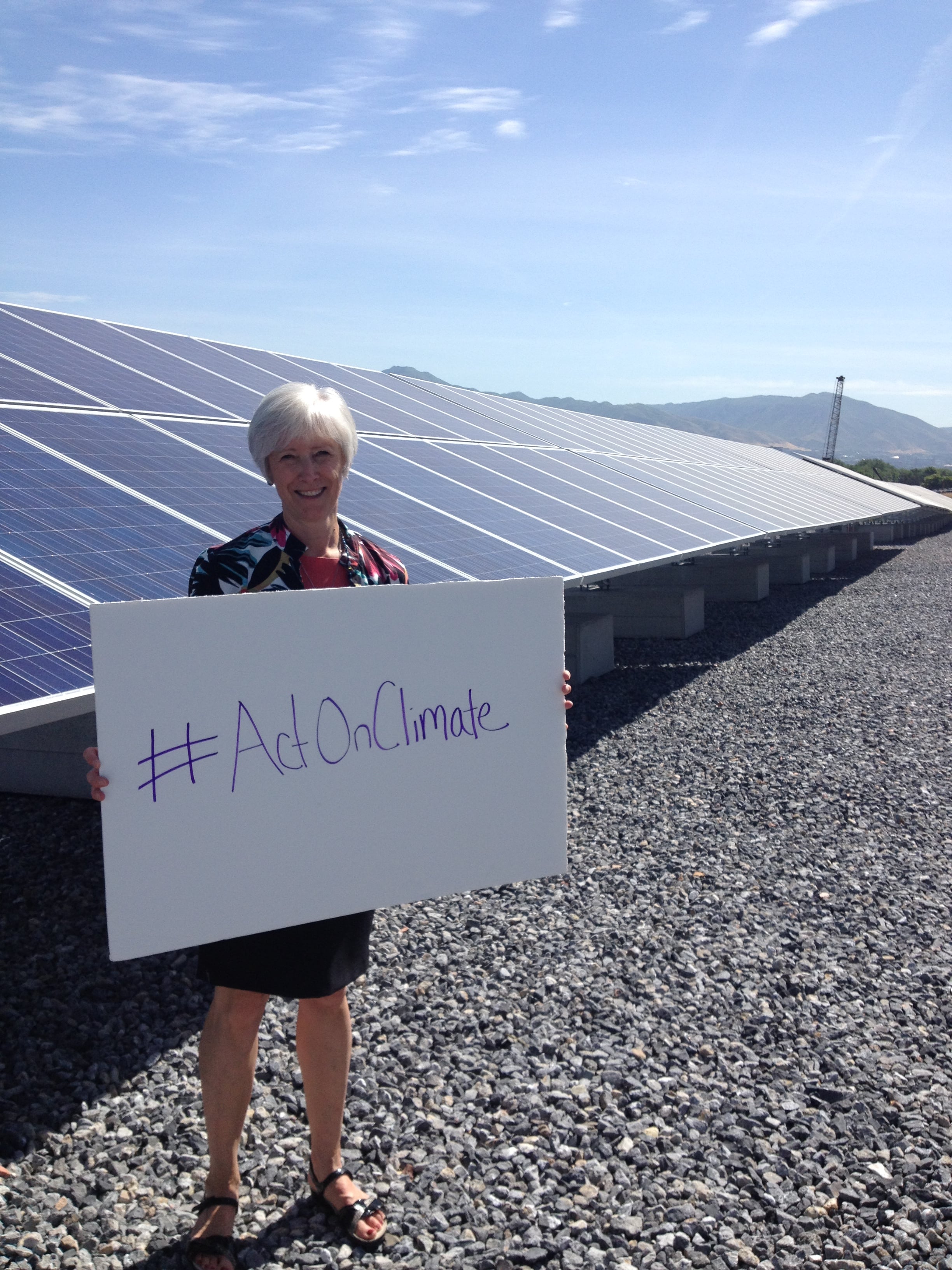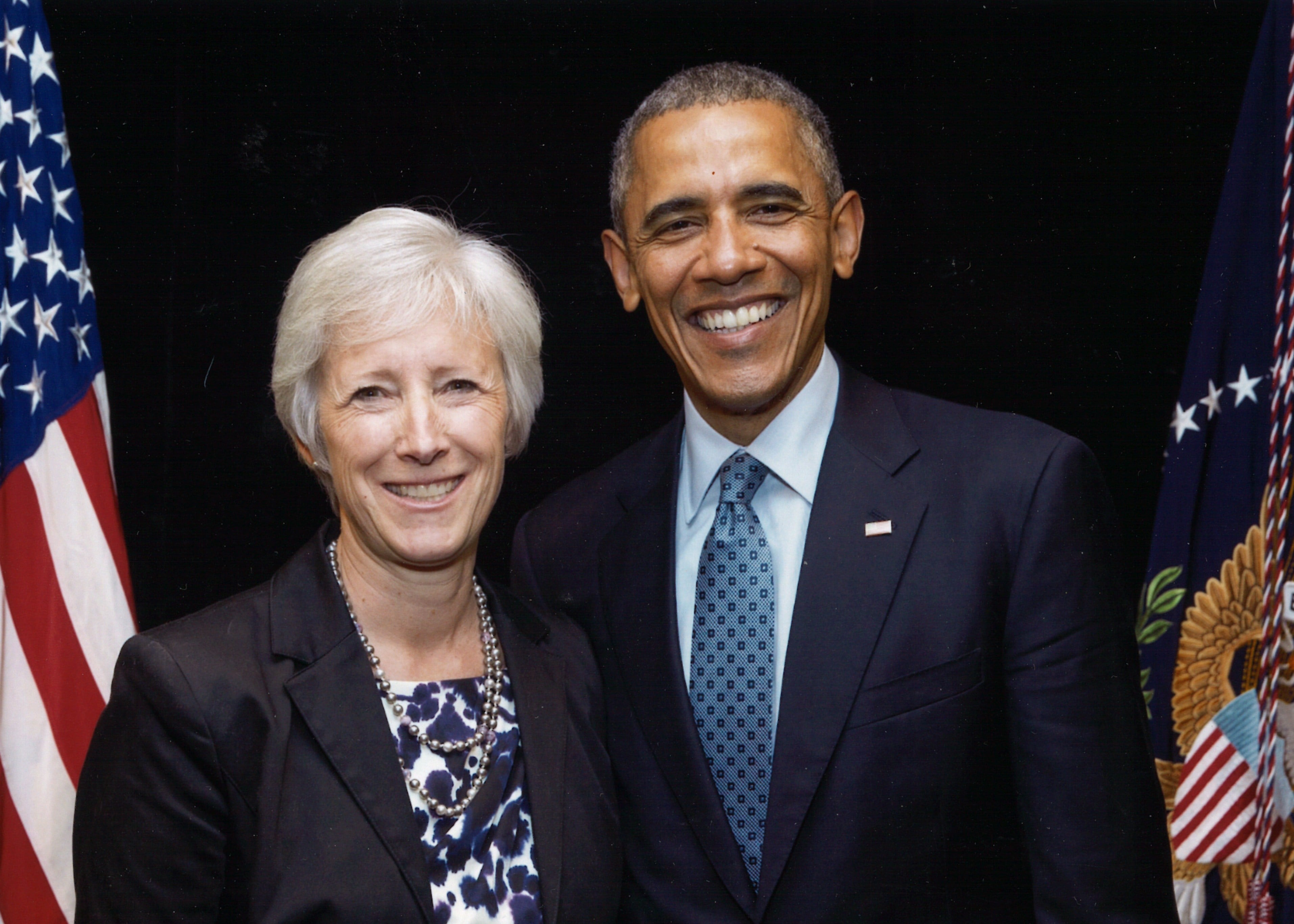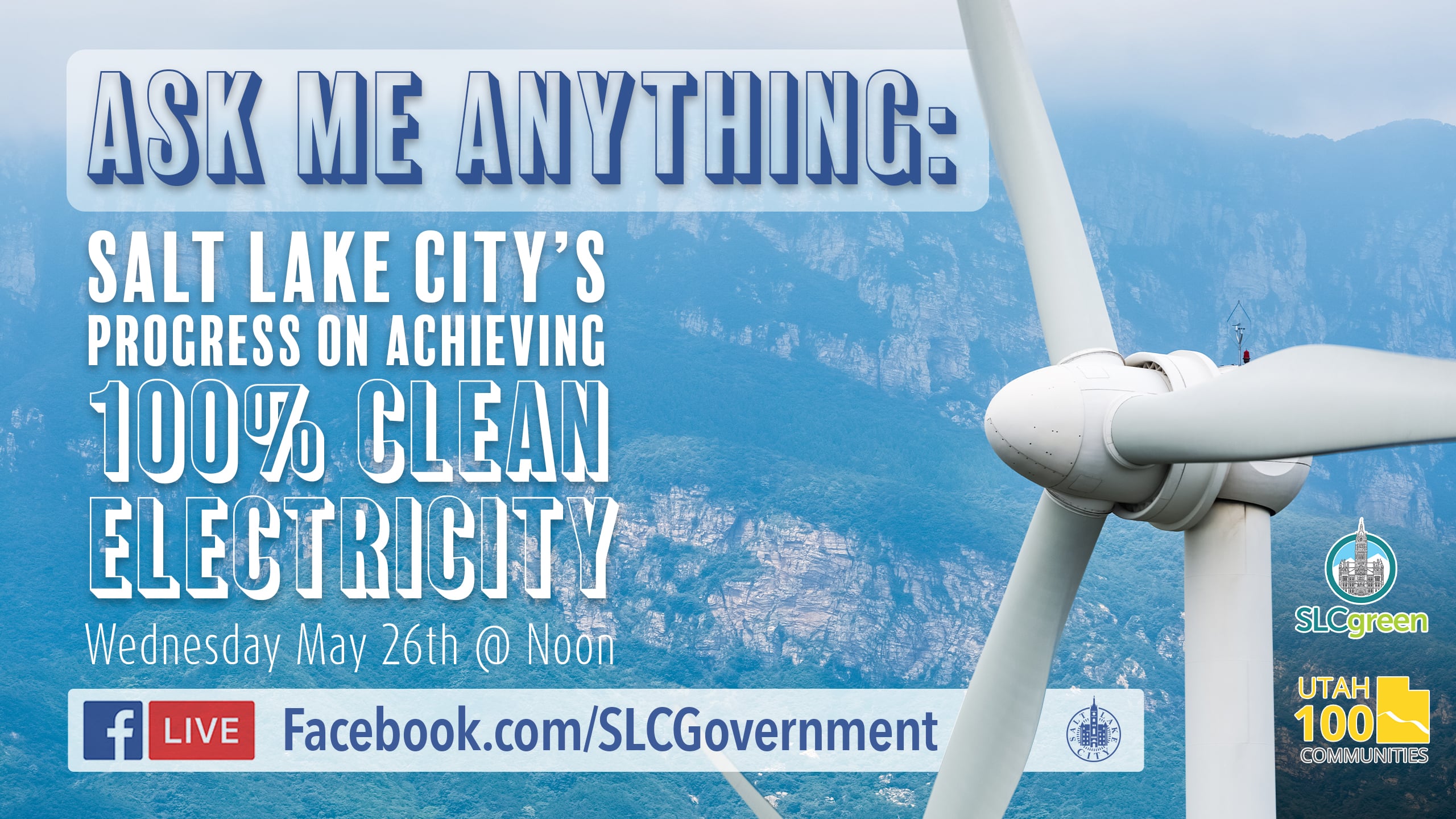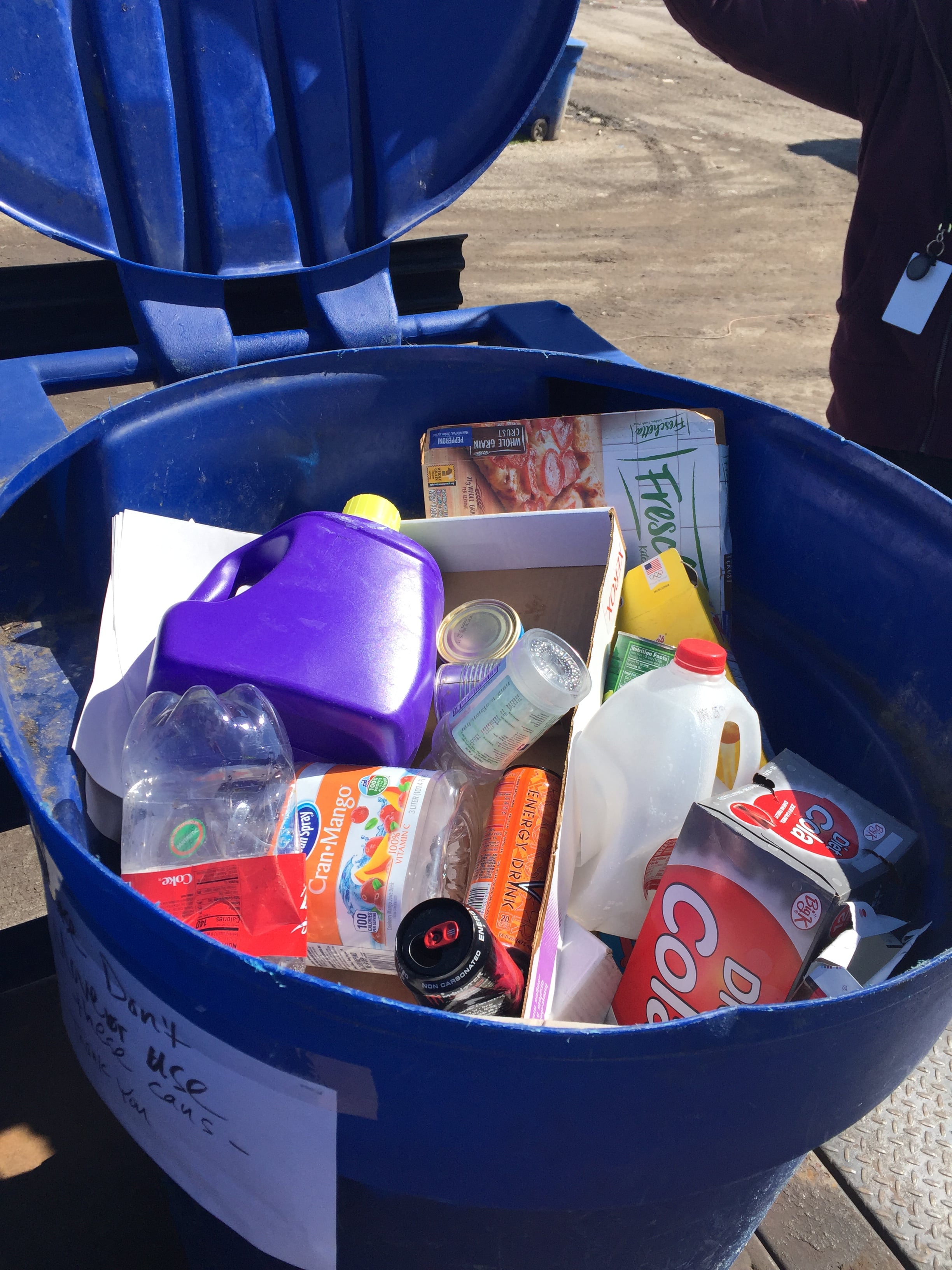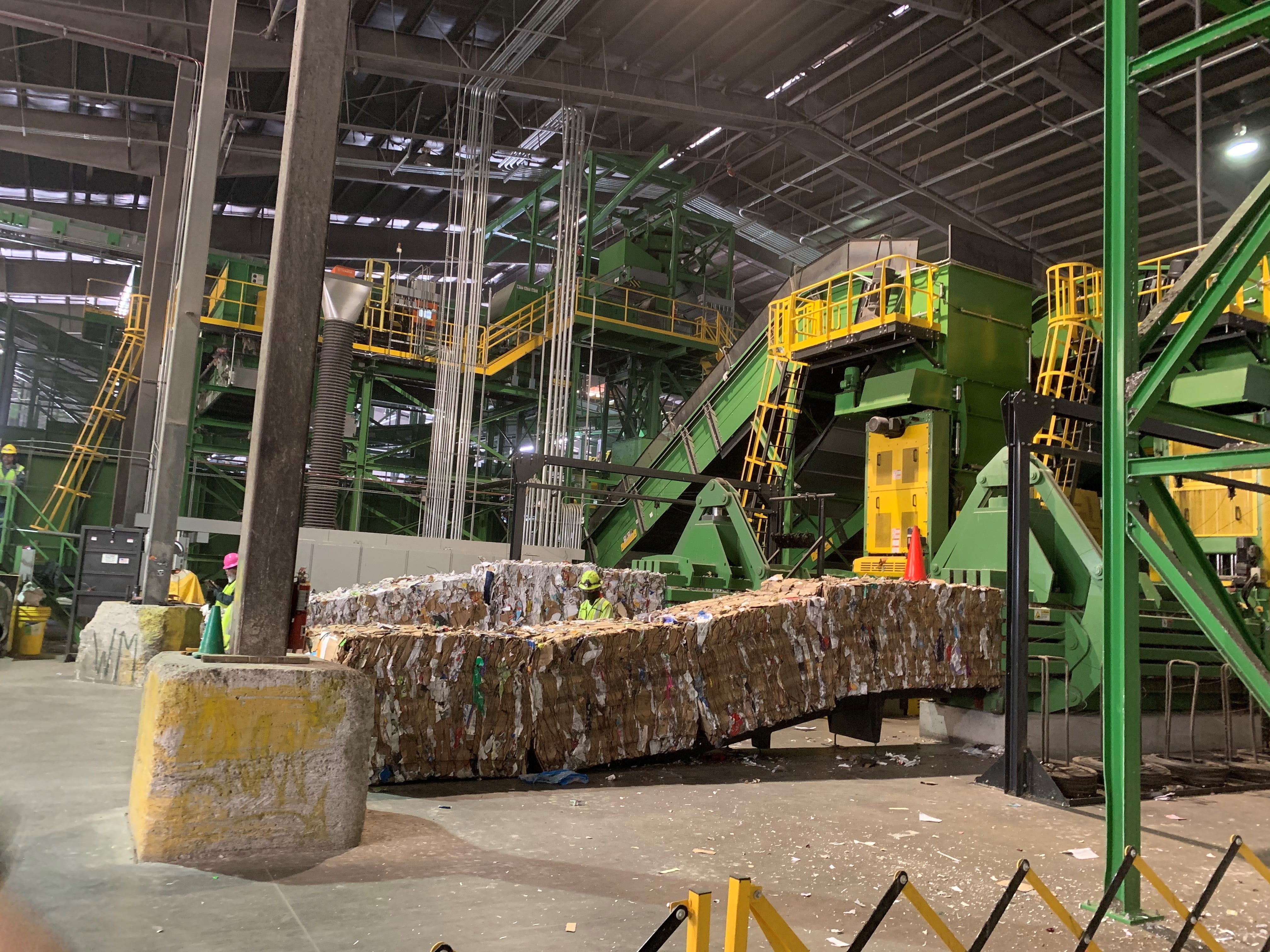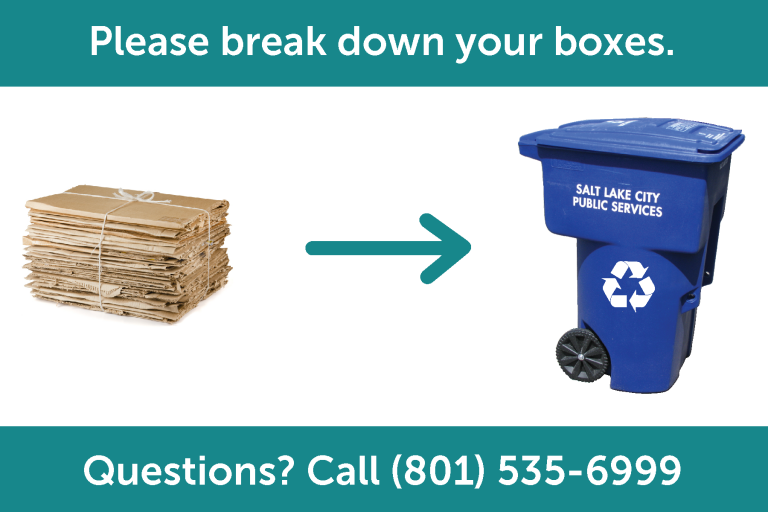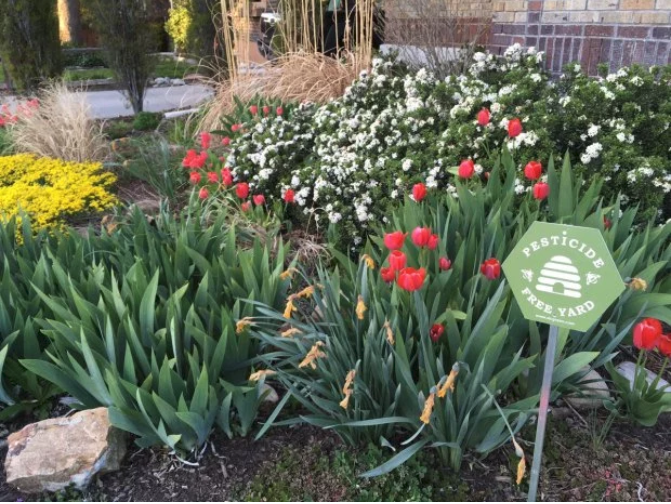by SLCgreen outreach coordinator Stephan Sveshnikov
With much of the West seeing record temperatures this summer and 98% of Utah in an extreme drought, it’s a good time to remind ourselves of what we can do to keep our city a little bit cooler and ourselves safe.
While you’ve heard a lot of discussion about saving water during this drought, today we also want to talk about reducing the urban heat island effect— which helps save water, reduce ambient temperatures, and support a healthier ecosystem.
What is an Urban Heat Island?
Cities are always hotter than the average surrounding temperature because of what’s called the “Urban Heat Island” effect. Because the concrete, black asphalt, and black roof shingle material absorbs extra heat and releases it, city temperatures can rise by as much as 18 degrees Fahrenheit compared to the surrounding area on a cloudless day! This, in turn, raises the energy consumption of the city, because our air conditioners have to work harder to keep us cool.
How can I reduce my home energy consumption during the summer?
What can you do to reduce the Urban Heat Island effect at your home or business?
First start with your own building. Saving energy means you’ll be more comfortable, save money, and reduce the ambient heat going into the neighborhood.
- Cover your windows! When it’s hot, about 76 percent of sunlight on windows enters in the form of heat, according to the Department of Energy. Keeping blinds closed on the sunny side of the house or installing solar screens will keep your house from heating up as much.
- Set the AC ten degrees higher if you’ll be gone from home all day, and set it at 78 degrees F or warmer if you are home. Cool off with cold drinks, a trip to the mountains, or turn on a fan to circulate air in the room you’ll be in.
- Avoid using your stove and oven during the hottest parts of the day.
- Energy efficient evaporative coolers (also called “swamp” coolers) are perfectly-suited to Utah’s arid desert climate and can cut cooling costs by 75% compared to a central AC!
- Plant shade trees around your home. The more shade around your house, the less it will absorb direct heat from the sun, and the less your AC or swamp cooler has to work.
- Insulate! Make sure you have the appropriate level of insulation in your home. Insulation helps keep your house warm in the winter, but it also helps keep it cool in the summer, because the fewer leaks you have, the less that cold air you’ve worked so hard for can escape.
Learn more about energy efficiency year-round from Empower SLC.
